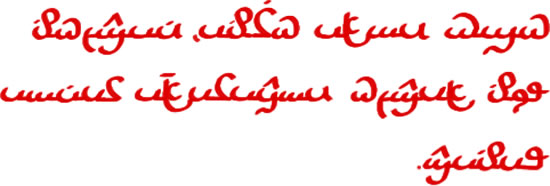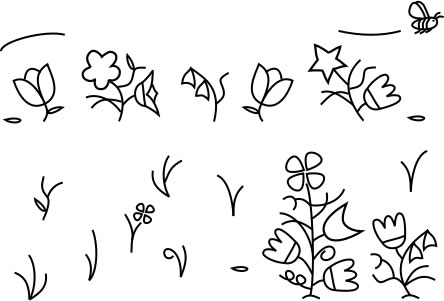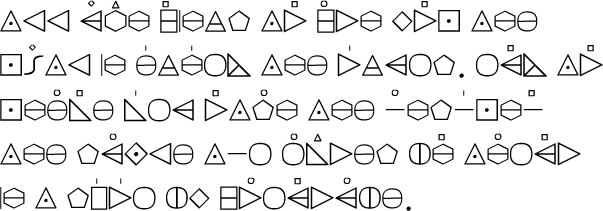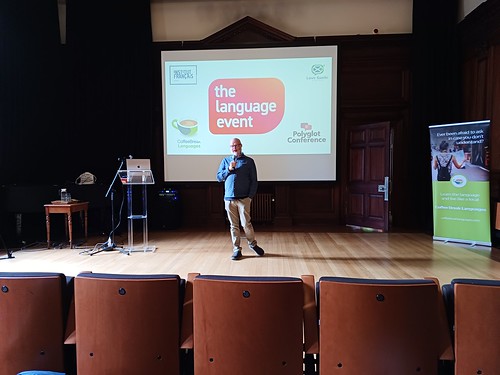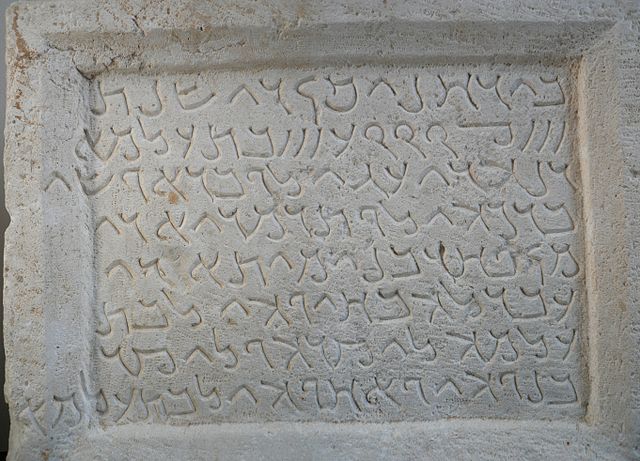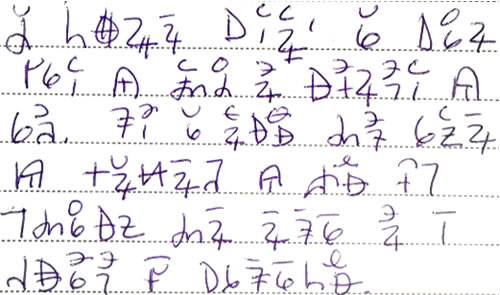Podcast: Play in new window | Download
Here’s the latest news from the world of Omniglot.
New writing system: Komering, a traditional script from the province of South Sumatra in Indonesia that was used to write Komering, a Lampungic language spoken along the Komering River.
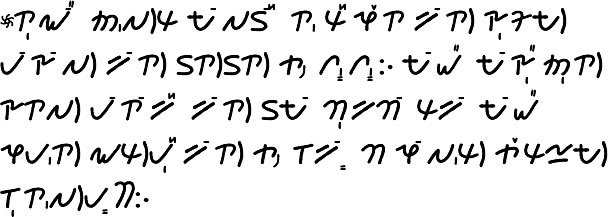
There are new language pages about:
- Yamdena (Yakw), a Central-Eastern Malayo-Polynesian spoken mainly on Yamdena and Selaru islands in the Tanimbar archipelago in Maluku Province in eastern Indonesia.
- Kei (Veveu Evav), a Central-Eastern Malayo-Polynesian spoken in the Kei Islands in Maluku Province in eastern Indonesia.
- Fordata (vaidida), a Central-Eastern Malayo-Polynesian spoken in the Tanimbar archipelago in Maluku Province in eastern Indonesia.
New fictional script: Nunkish, which appears in the Violet Evergarden (ヴァイオレット・エヴァーガーデン) anime TV series, and is used to write Nunkish, an encrypted version of Tamil.
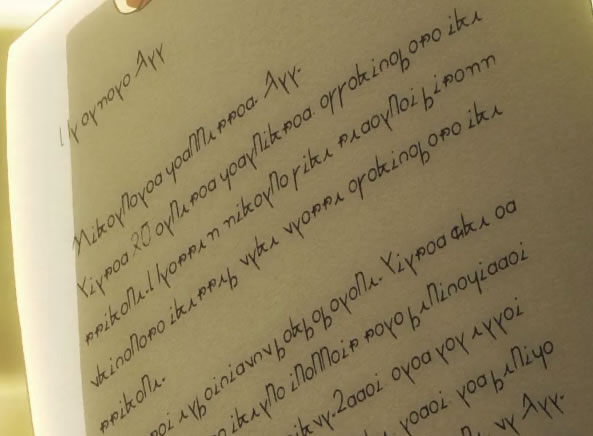
New constructed script: Urin Qichwa Simipaq Musuq Qillqa, an alternative way to write Southern Quechua invented by TheDankBoi69.

New numbers page: Yamdena, Lampung and Komering
On the Omniglot blog we find out what links the words Croissant and Cereal, and there’s the usual Language Quiz. See if you can guess what language this is:
Here’s a clue: this language is spoken in
The mystery language in last week’s language quiz was Dolgan (Дулҕан), a northern Turkic language spoken in the Taymyr Peninsula in the far north of the Russian Federation.
There’s a new Celtiadur post about words for Eight and related things, and I made improvements to the posts about words for Pigs and the number four.
The Celtic Pathways podcast this week, Hogging Sockets, uncovers links between words for pigs in Celtic languages with words like hog and socket in English.
I also improved the Somali language page and made separate pages for the Osmanya, Borama / Gadabuursi and Kaddare alphabets.
For more Omniglot News see:
https://www.omniglot.com/news/
https://twitter.com/Omniglossia
https://www.facebook.com/groups/omniglot/
https://www.facebook.com/Omniglot-100430558332117
You can also listen to this podcast on: Apple Podcasts, Amazon Music, Stitcher, TuneIn, Podchaser, PlayerFM or podtail.
If you would like to support this podcast, you can make a donation via PayPal or Patreon, or contribute to Omniglot in other ways.
Radio Omniglot podcasts are brought to you in association with Blubrry Podcast Hosting, a great place to host your podcasts. Get your first month free with the promo code omniglot.

